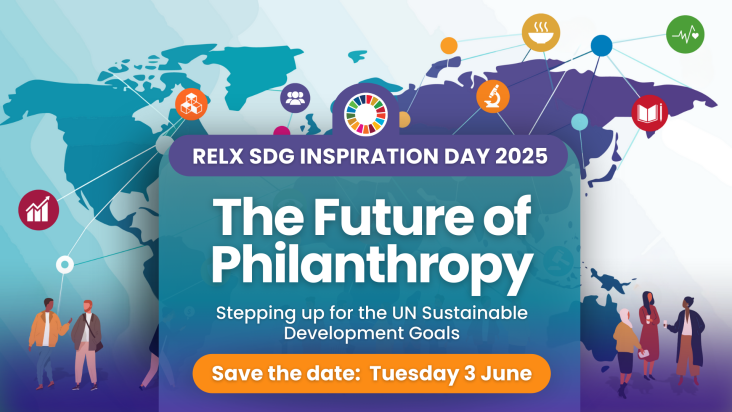
RELX SDG Inspiration Day 2025
The Future of Philanthropy: Stepping up for the United Nations Sustainable Development Goals
iScience, Volume 28, Issue 5, 16 May 2025, 112303
Public attitudes were assessed toward six strategies for ecological resoration and geo-engineering, with the public strongly preferring nature based solutions like reforestation.

Corporate Responsibility (CR) starts with the positive impact RELX has on society through our products and services.
This Perspective highlights the complex development challenges of road network expansion in sub-Saharan Africa, emphasizing the need for sustainable, evidence-based strategies that balance economic growth with environmental preservation through community engagement and transdisciplinary approaches.
This Perspective highlights the complex development challenges of road network expansion in sub-Saharan Africa, emphasizing the need for sustainable, evidence-based strategies that balance economic growth with environmental preservation through community engagement and transdisciplinary approaches.

